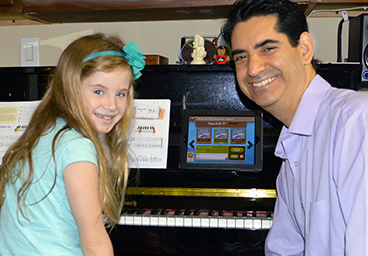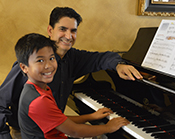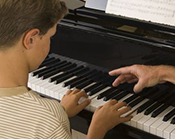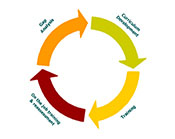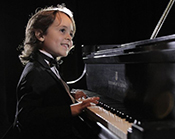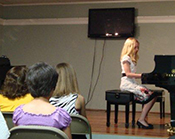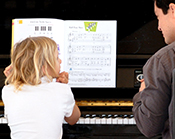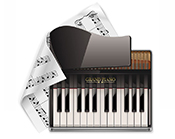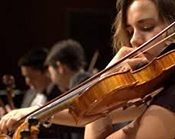Curriculum Development
By Pablo Aguilar
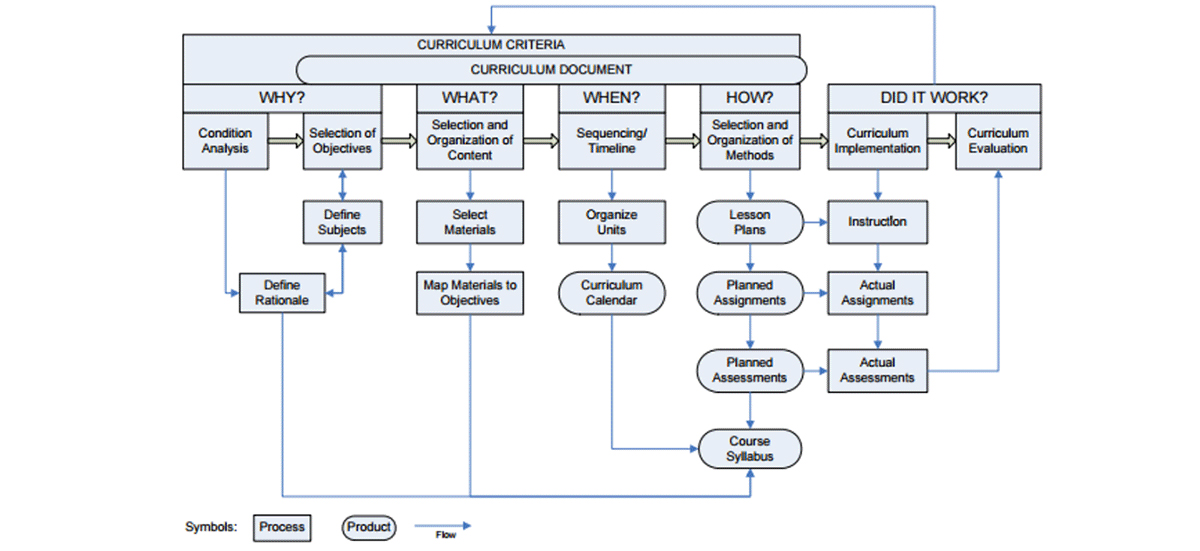
Music students come with all sorts of skills, likes and abilities, but they share the ultimate goal of learning to play a particular instrument. Teachers also have unique sets of skills, opinions and abilities and most of them have the ultimate goal of teaching students how to play a musical instrument. While variations in students' backgrounds are somewhat unpredictable, teachers most notably differ in pedagogical approaches—primarily in methodologies and philosophies. Regardless of personal preferences, a teacher's methodology and philosophy is synthesized within a general curriculum.
A curriculum provides a path for both teachers and students, but since each student is unique, it must be adapted to fit individual needs. For instance, the curriculum for a student that just wants to play pop tunes for fun will be different than the one for a potential concert pianist. Considering those factors, certain questions arise, including: how can music teachers design curricula? How can they select curricular objectives? What is the process of developing a curriculum? Aiming to answer these questions, this project serves as a guideline for curriculum development—specifically, for piano teachers. It synthesizes research in general public education on curriculum development published in the last sixty years in an effort to outline the foundations and principles of curriculum development that apply to music instruction. Another important source for this project is Coats (2006), particularly for her application and methodology for music instruction.
This research project was presented to the graduate faculty of The University of Texas at San Antonio in partial fulfillment of the requirements for the degree of Master of Music in Piano Pedagogy and Performance.
Read the complete PDF document
